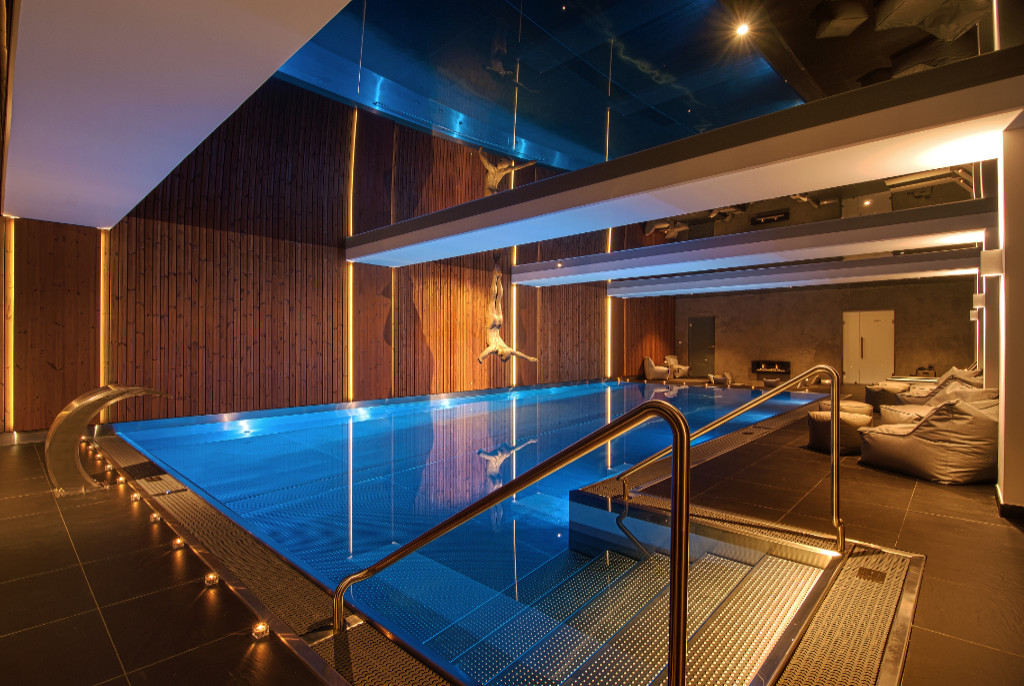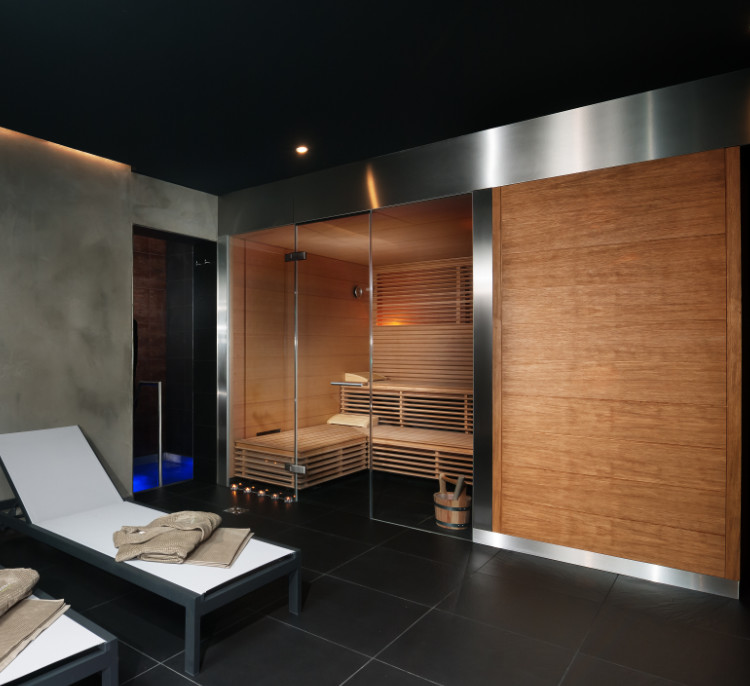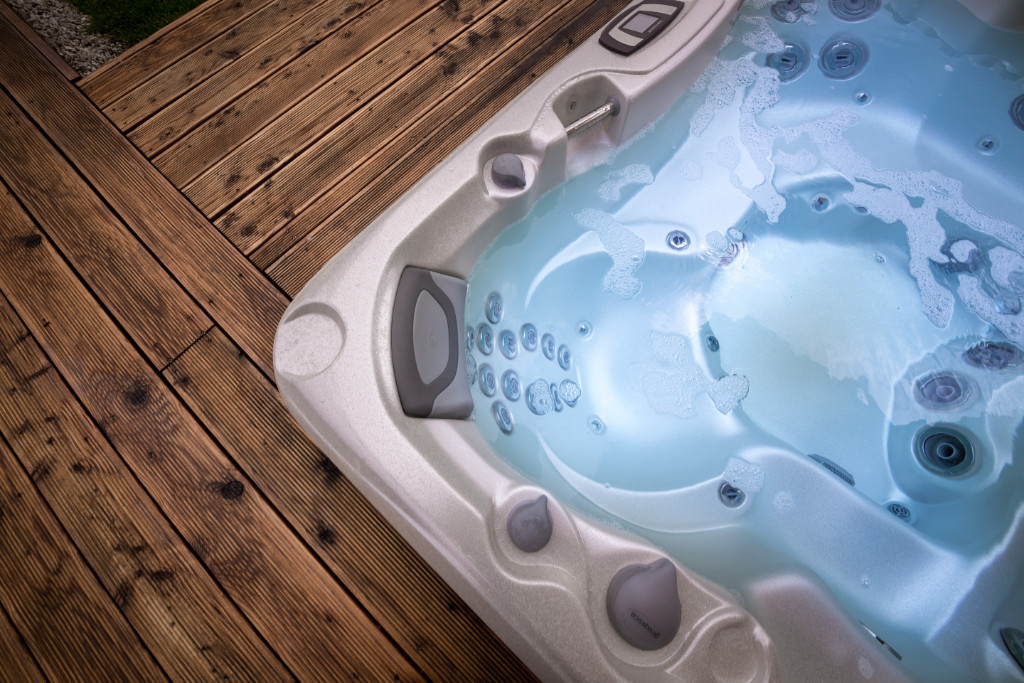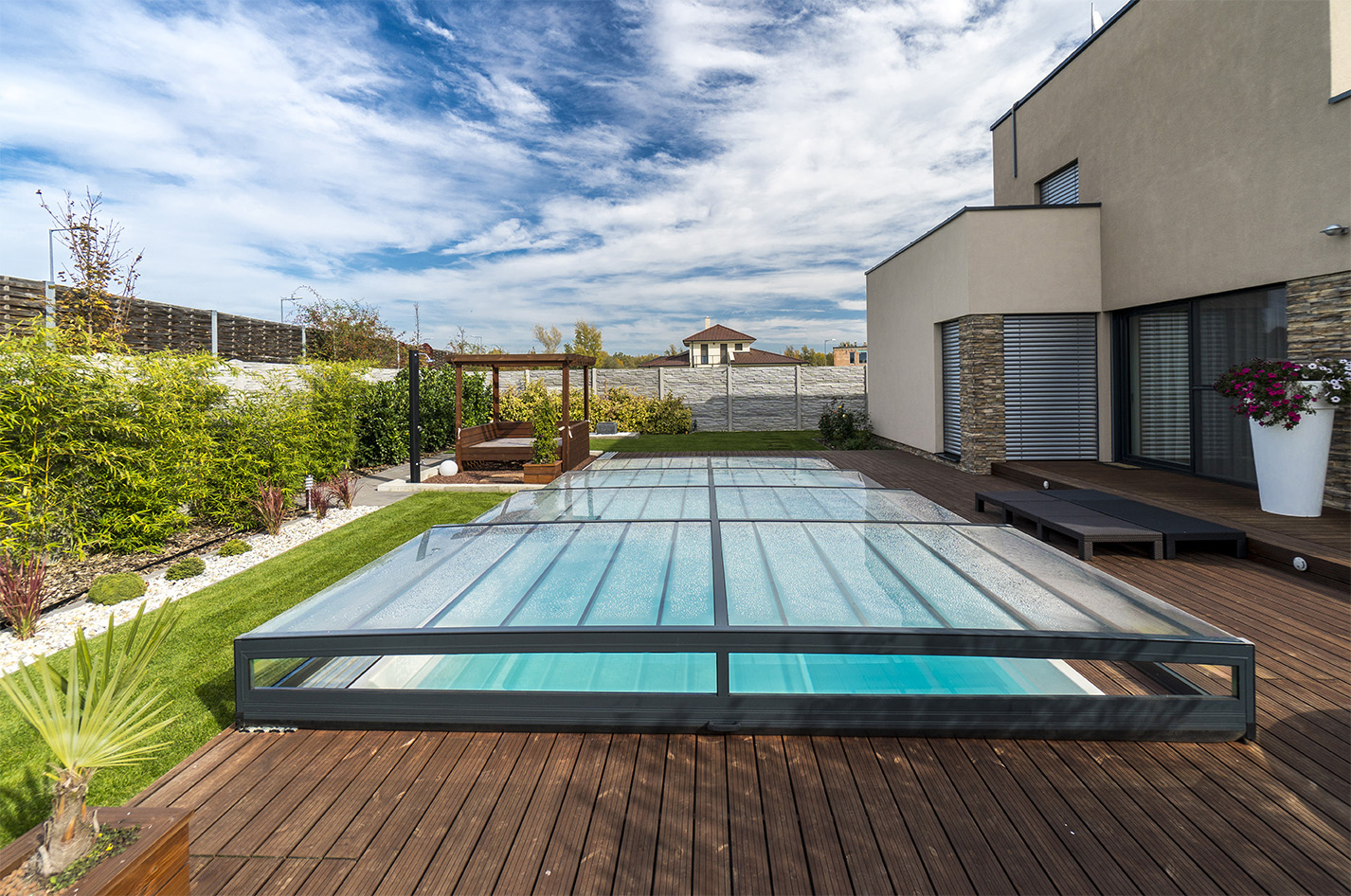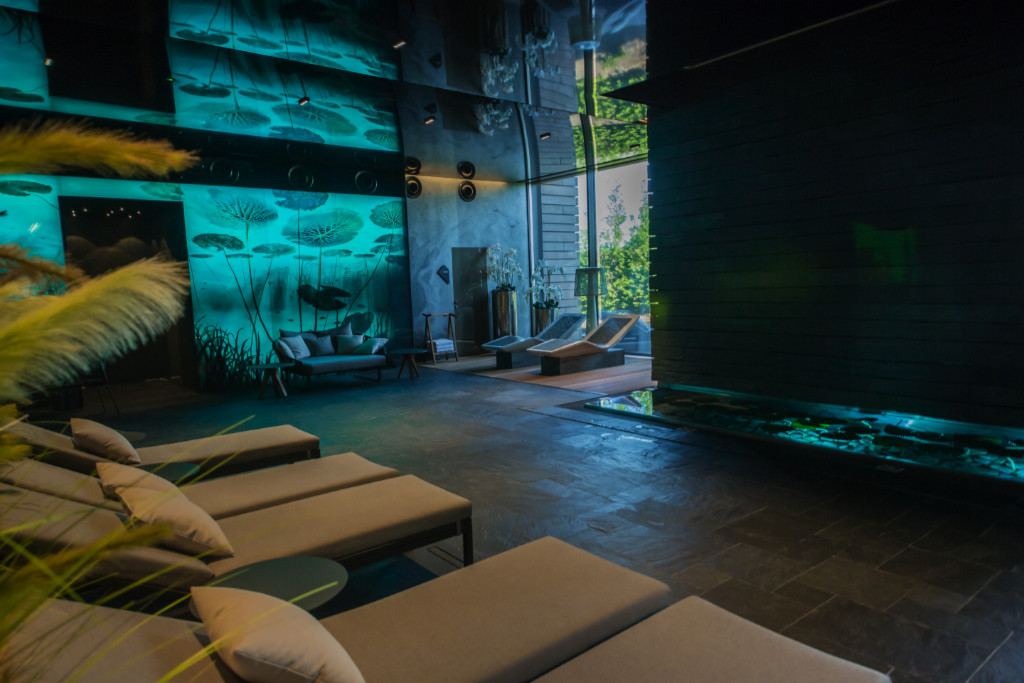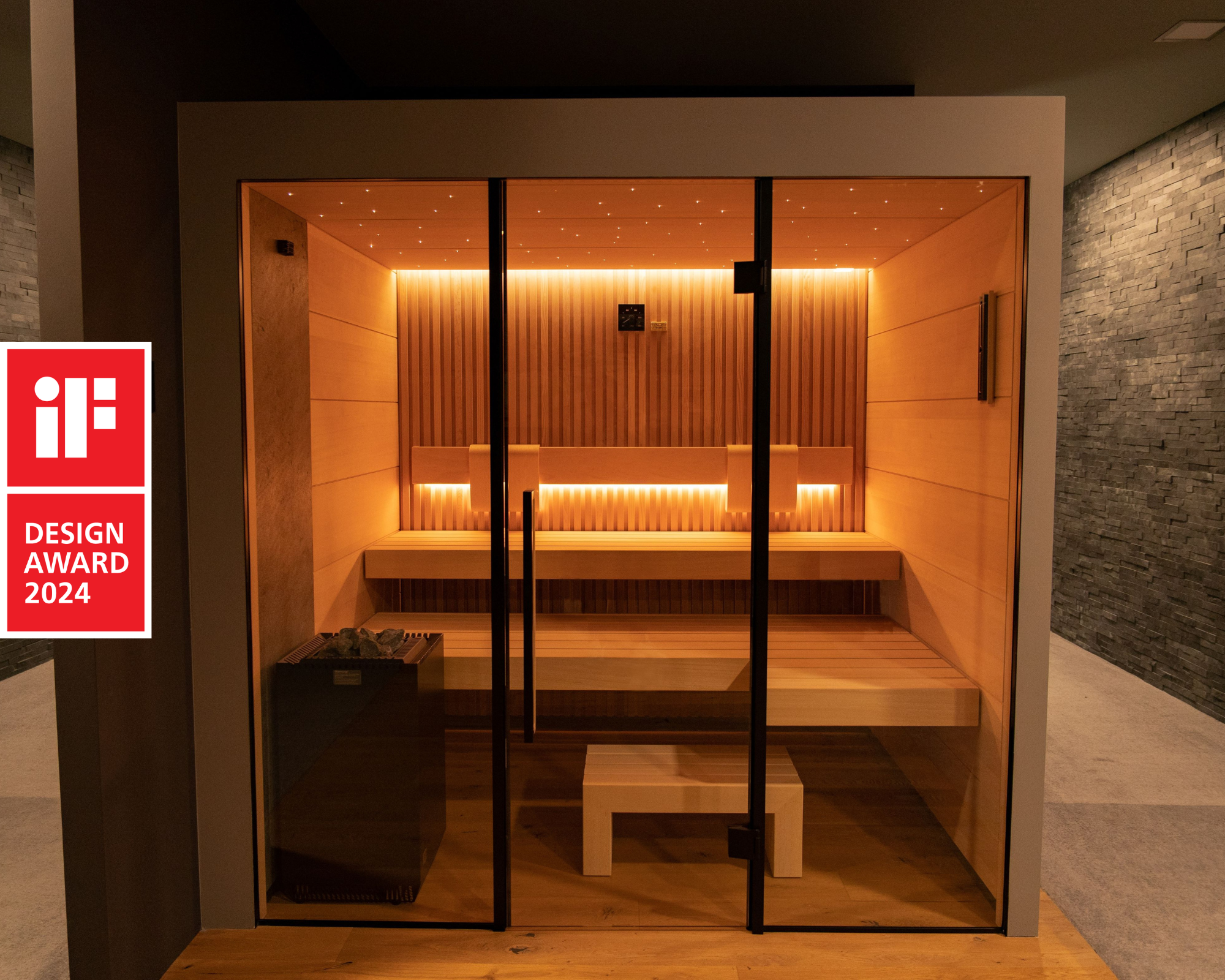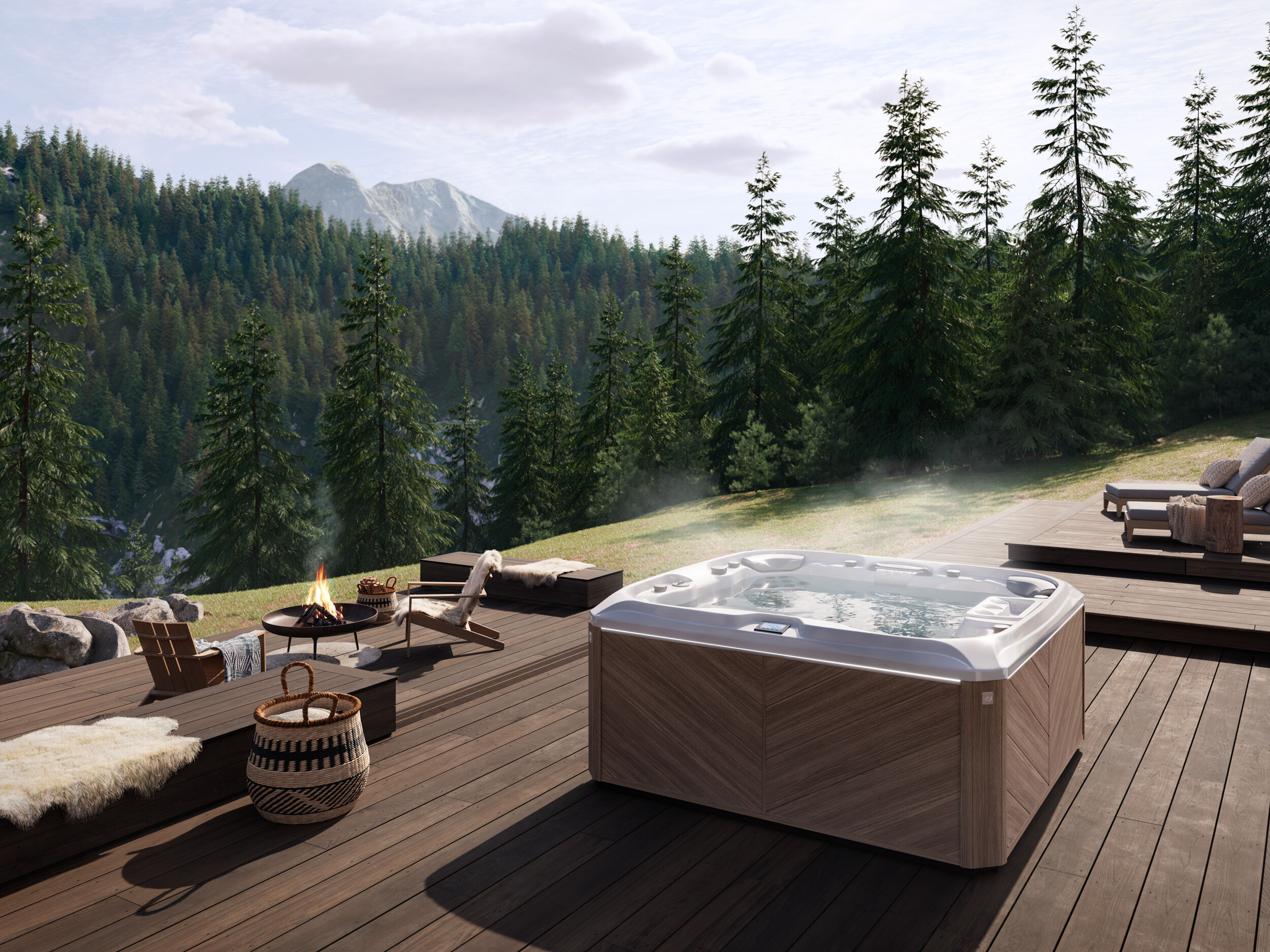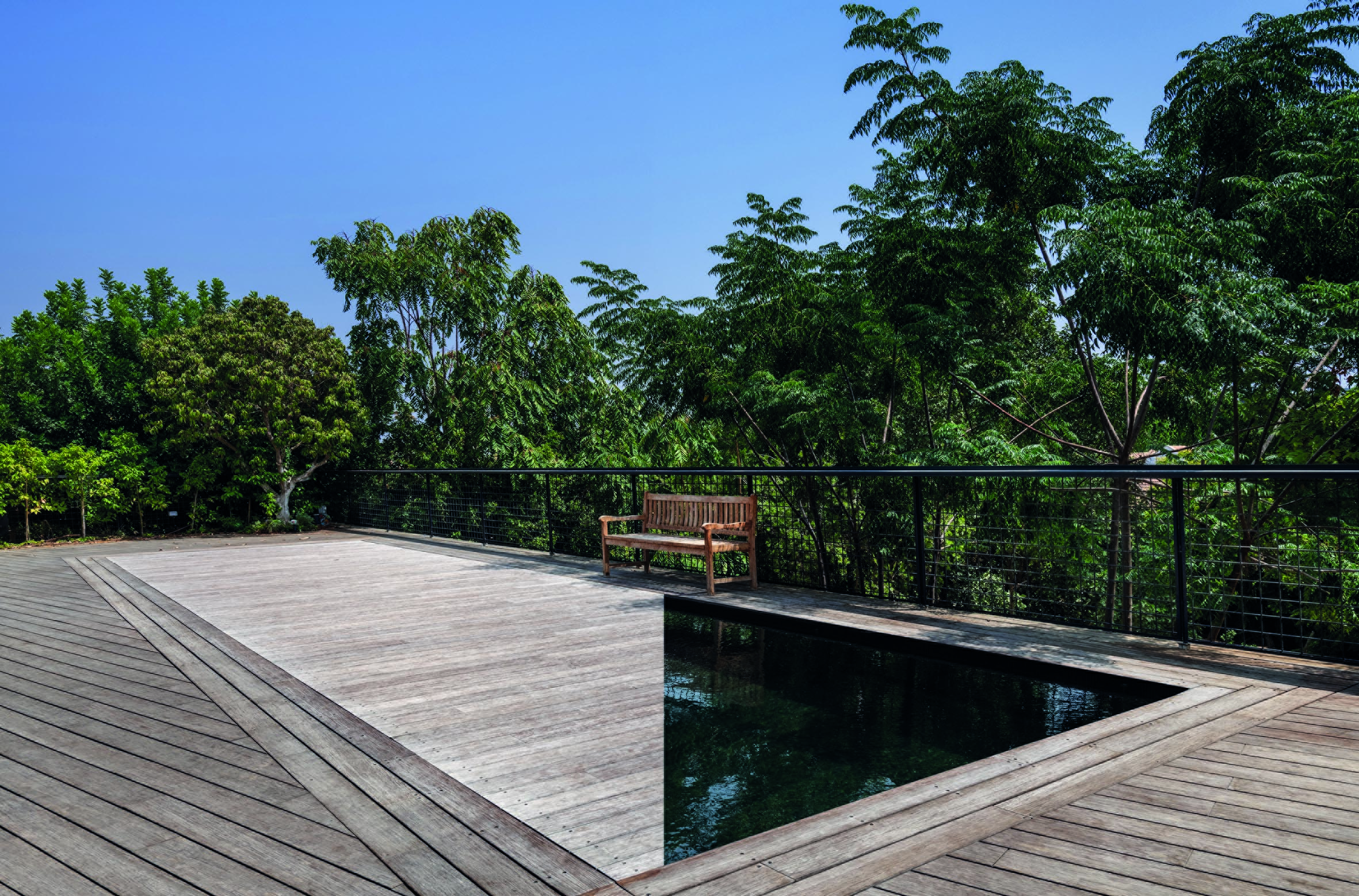Take a look at the pool water heating options with us
Tired of filling up the pool just for a few weeks of nice weather and want to extend your swimming season? You can choose to heat the water in your pool. There are several technologies for heating pool water, and the cost of pool heating also depends on them. Read below which type of water heating you can choose.
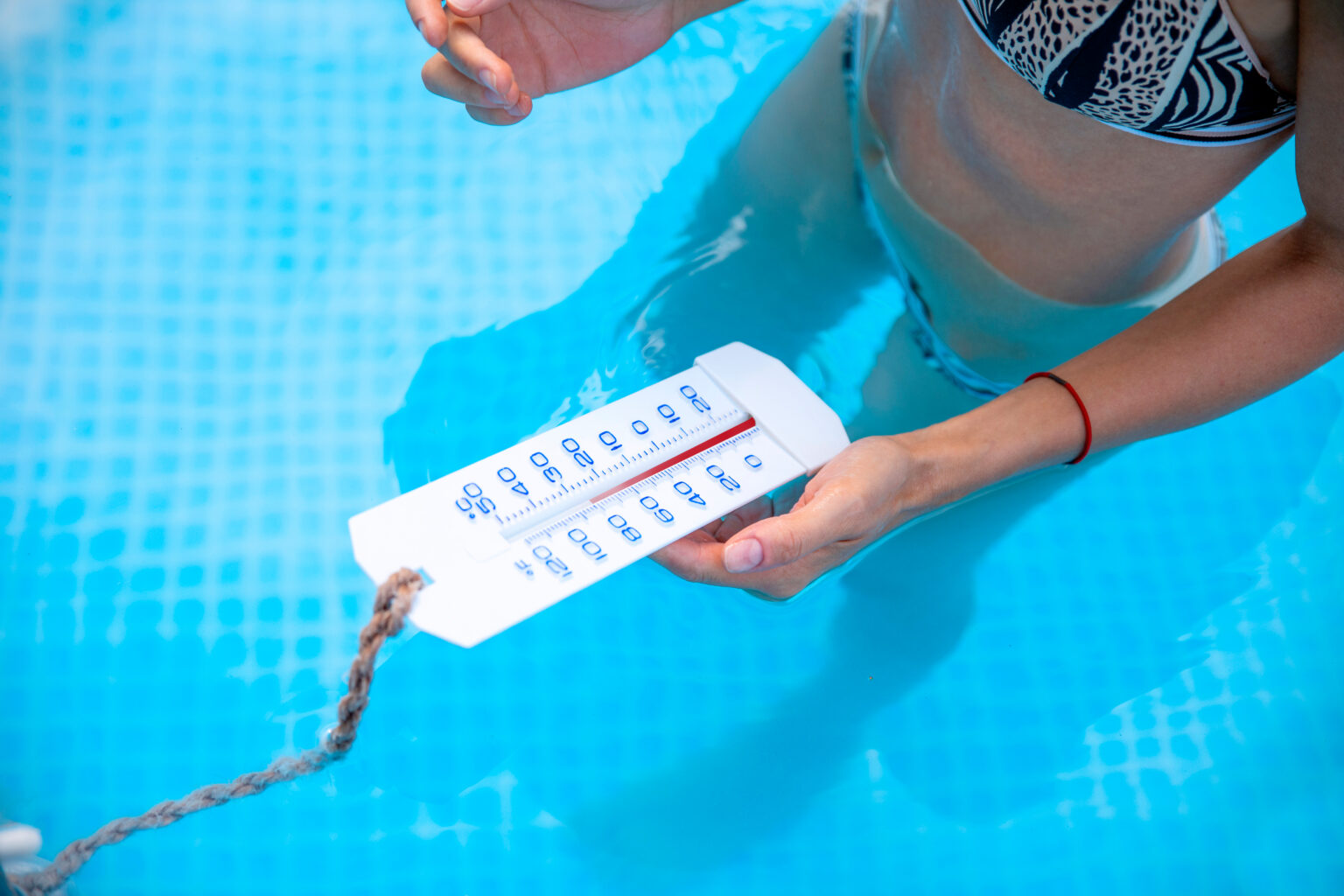
Methods of heating pool water
- Heat pump
A heat pump is a highly economic and ecological way of heating pool water. It takes energy from the surrounding air and turns it into heat, which it transfers to the pool water. A heat pump basically only consumes electricity for its drive, for example, a pump from our offer with a power of 17.5 kW in optimal conditions takes 2.5 kW of energy from the network and 15 kW of energy from the surrounding air, so you can save more than 85% costs. The operation of the heat pump depends on the air temperature, so the stated percentage savings can be higher or lower. Most heat pumps are not able to work below 5℃. NEO heat pumps are functional down to -10 ℃, so with them, you can heat the pool even in winter. It is precisely for constant year-round pool heating that heat pumps are a suitable choice.
- Solar panel
In the case of solar panels adapted for heating pool water, you have a choice of two types of technology. The first of them heat the water from your source with the help of sunlight, which passes through the solar panel and then heats the water from the pool through the pool heat exchanger.
The second type of solar heating is the pool solar collector, which is directly connected to the filter circuit and the pool water flows through its pipes, where it is heated. Solar collectors are made of a specially modified polymer that makes them resistant to bad weather and, above all, to the chemicals contained in the pool water.
The advantage of solar heating is that it is green energy and the most economical way of heating. In sunny weather during the day, solar heating heats the pool by approximately 3 °C and extends the swimming season by a month. Solar energy is the right choice for those who want to extend the bathing season by a few weeks but is not suitable for year-round heating.
- Pool Heat Exchanger
A pool heat exchanger uses a warm medium from your source to heat the water. In the exchanger, warm water from the primary source – gas boiler, solar panel, heat pump – collides with flowing water from the pool, which is heated by heat exchange. Overall, this is an economical way of heating the pool, however, you will pay for the energy for the operation of the primary source, if it is not a solar panel.
- Electric Instantaneous Heater
Instantaneous heater generates heat from electric current. With the help of a heating coil, it converts energy into heat. The water flows through the unit and is heated through the heating element. Pool heaters are specially designed for heating pool water with a temperature of up to 40 ℃. Flow heaters are not dependent on the outside temperature and are suitable for quick and intermittent pool heating. It is the most expensive, but together with the heat pump, the most reliable water heating technology.



